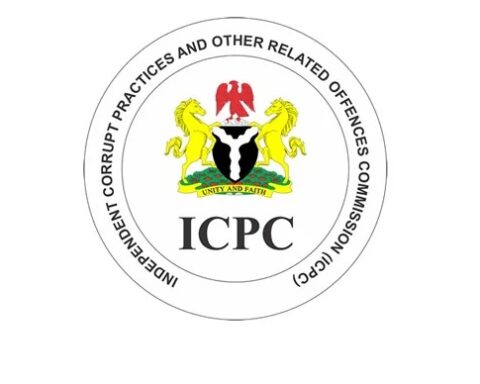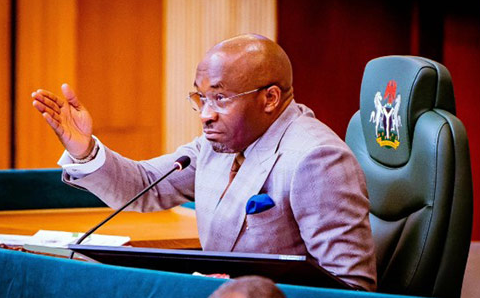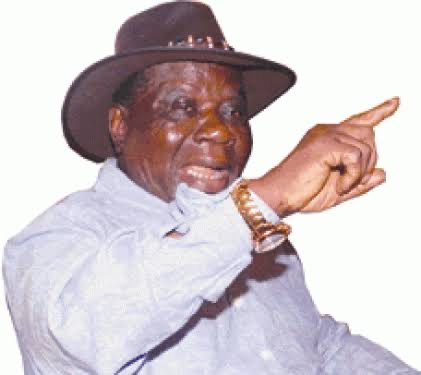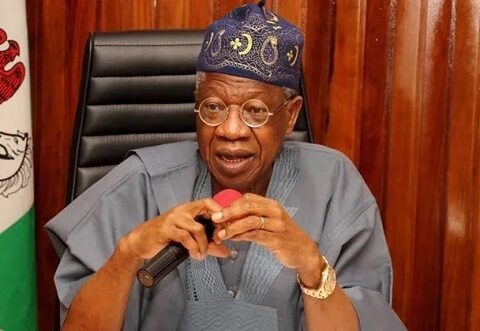By Benard I. Odoh
There’s something undeniably special about the Southeast of Nigeria. You feel it in the pulse of Onitsha’s markets, the creativity of Aba’s artisans, the resilience of Ebonyi’s farmers, the fierce determination of Enugu’s entrepreneurs and the warm hospitality that defines the thriving hospitality industry of Owerri. It’s a region bursting with energy, resourcefulness, and potential. Yet, it remains, in many ways, an economic paradox—rich in talent and land, but constrained by systemic inefficiencies that have kept its full promise just out of reach.
One of the most glaring of these inefficiencies is what economists call dead capital—assets, particularly land, that are essentially locked out of the formal economy. They’re there—owned, used, and inherited—but they cannot be used to access loans, attract investments, or power businesses. That land, often handed down for generations, sits idle from a financial standpoint, unable to serve as collateral or generate structured wealth.
This isn’t a new problem, but it is one we’ve grown too comfortable with. As Peruvian economist Hernando de Soto once said, “The poor are not poor because they lack assets, but because they lack the mechanisms to leverage them.” In many parts of the world, land is a tool—an engine for wealth creation. But in the Southeast, we’ve allowed it to become dormant, trapped in informal systems that neither recognize nor reward ownership in a way that builds prosperity.
The numbers are staggering. According to the African Development Bank (AfDB), Nigeria loses over $30 billion annually due to inefficient land administration and informal property systems (AfDB, 2021). That’s not just a number on a spreadsheet. That’s thousands of businesses that couldn’t secure loans. That’s untapped factories, unbuilt homes, unfunded schools. That’s the dream of a better Igboland, delayed again.
Walk through our cities and towns, and you’ll see real-life consequences. Traders in Aba who could scale globally, stuck because they can’t get credit. Farmers in Ebonyi with hectares of land, unable to access working capital. Young people with ideas, energy, and ambition—trapped because the wealth beneath their feet can’t be converted into value. It is deeply frustrating—and deeply fixable.
We’ve seen what is possible. Rwanda, after implementing a sweeping land tenure reform, saw a 35% increase in land-based credit. That single intervention transformed their urban planning, expanded businesses, and brought millions into the formal economy (Ali et al., World Bank, 2014). In Peru, over 1.2 million previously informal landowners were brought into the formal economy through titling, unlocking credit and empowering communities (de Soto, 2000).
Even in Nigeria, we don’t need to look far. The Abuja Geographic Information System (AGIS) showed us what happens when land records are digitized and ownership is streamlined. Property values increased, real estate markets became more active, and most importantly, land became bankable (FCDA, 2018). People could do more than just live on land—they could grow with it.
This raises a pressing question: why has the Southeast not adopted a similar model? With the right vision and coordination, each state in the region can implement a comprehensive land reform strategy, including digital registries, formal titling of properties, and an efficient legal system for dispute resolution. As the saying goes, “Vision without execution is just hallucination.”
To transform dead capital into productive assets, Southeast states must take bold policy steps. First, they must invest in digital land administration systems, modeled after AGIS, to ensure transparency and accessibility. Second, accelerated titling programs should be launched, particularly in informal settlements and peri-urban communities. Third, regulatory incentives should be introduced to encourage financial institutions to accept land titles as collateral, thereby expanding access to credit for small businesses.
Beyond land reform, the region must also reimagine its industrialization agenda. The development of industrial parks, logistics hubs, and special economic zones (SEZs) with clear land rights and investor protections will be key. For instance, the Lekki Free Trade Zone in Lagos has attracted over $25 billion in investment due to its structured land framework, modern infrastructure, and business-friendly policies (NEPZA, 2023). A similar initiative in the Southeast—along the Aba–Enugu–Onitsha or Abakaliki–Nsukka–Owerri corridors—could spark industrial resurgence across the region.
These land reforms must also align with larger regional trade goals. With the African Continental Free Trade Area (AfCFTA) in full swing, the Southeast has an opportunity to position itself as a hub for manufacturing and export trade. But this ambition cannot be realized if land assets remain locked and unusable. Land must be integrated into the region’s broader economic planning—serving as the bedrock for agro-processing, technology clusters, logistics infrastructure, and SME growth.
Dubai provides another global example. Though initially reliant on oil, Dubai’s rise to a global commercial hub was driven largely by bold investments in real estate, transparent property laws, and the development of free zones like the Jebel Ali Free Zone and the Dubai International Financial Centre (DIFC), which attracted global capital through predictable governance and structured land policies (DIFC Reports, 2021–2023). The Southeast, with its resourceful population and strategic location, has every ingredient to chart a similar course.
This isn’t just about economics. It’s about dignity. It’s about giving our people the ability to use what they already have to create a better life. “Poverty is not just a lack of income—it is a lack of access,” said former World Bank President Jim Yong Kim. Land access is not only a legal issue—it is a moral one. We must not let generations inherit the limitations we have failed to fix.
As John F. Kennedy once said, “There are risks and costs to action. But they are far less than the long-range risks of comfortable inaction.” We’ve been inactive for too long.
The time for change is now. Let us digitize our land systems. Let us fix our legal frameworks. Let us create structured industrial corridors. Let us give our people the power to transform land into life-changing capital.
The Southeast has the people, the energy, the spirit. What it needs now is the political and economic will to turn its buried wealth into shared prosperity. If Rwanda, Peru, Abuja, and Dubai could do it—so can Igboland.
“The future depends on what we do in the present,” said Mahatma Gandhi. The economic giant of the Southeast must no longer sleep.
Let us awaken it.



























